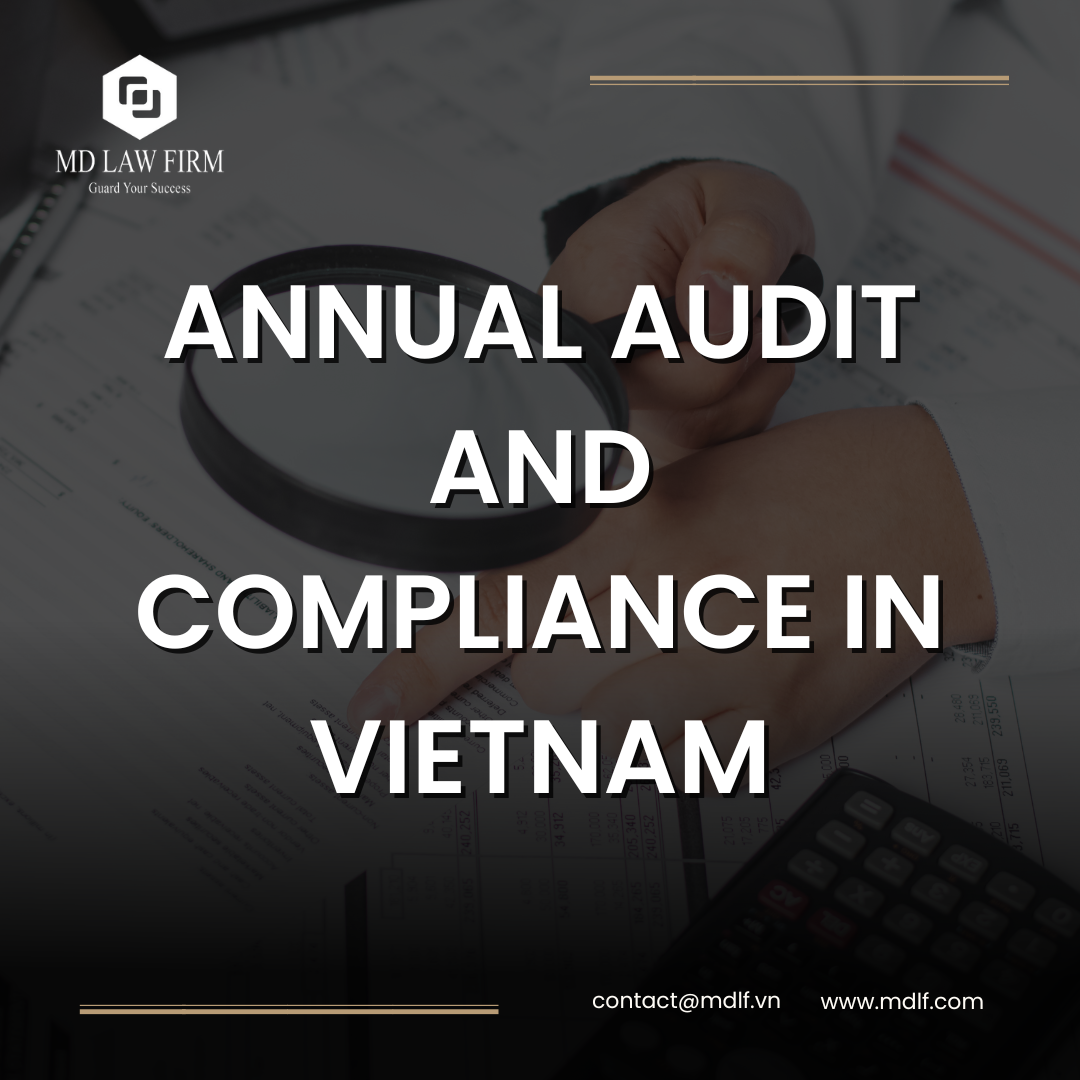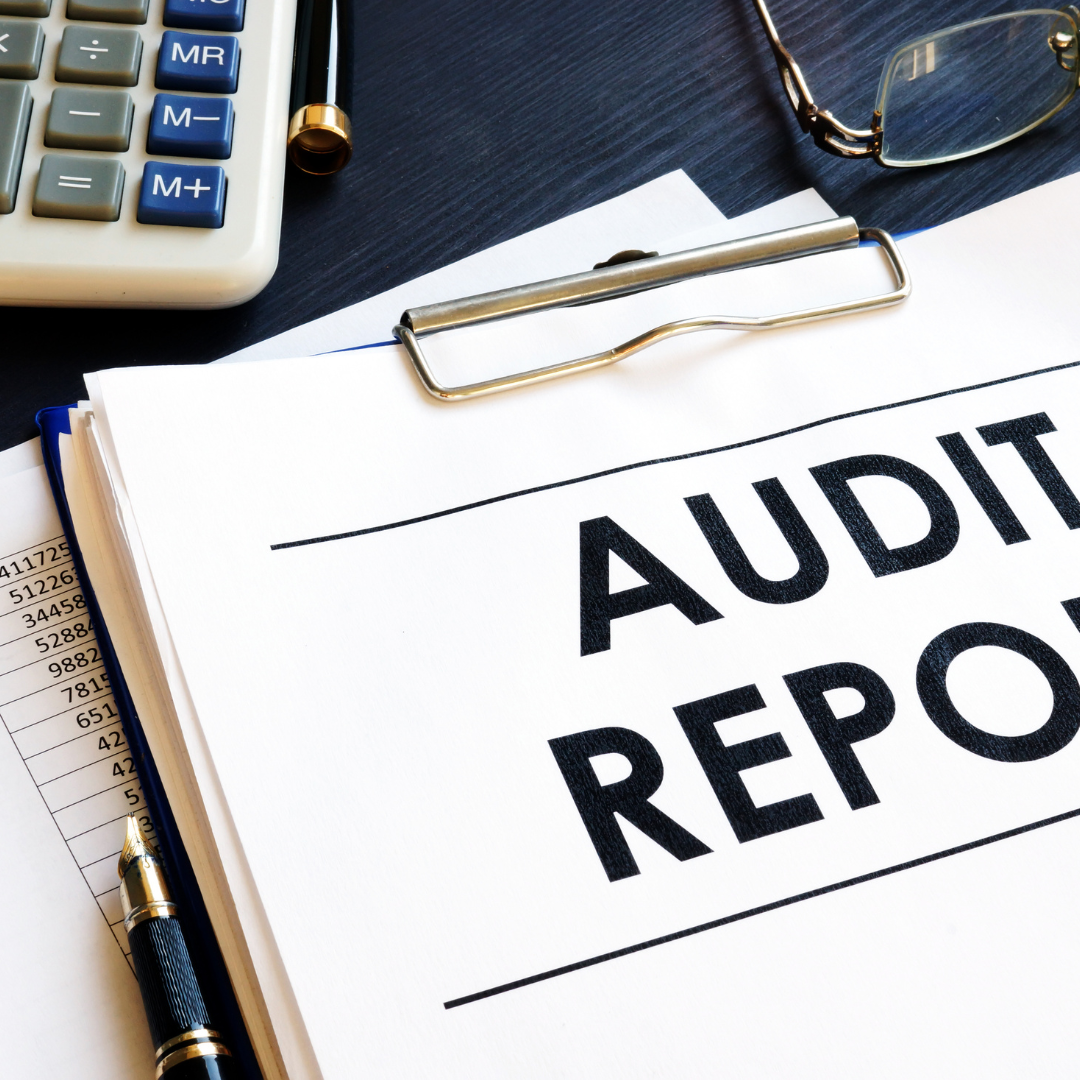
The annual audit and compliance in Vietnam is crucial for businesses to ensure they are not caught off guard by any unexpected tax exposures or liabilities. As a result of the pandemic and various tax incentives, tax authorities are expected to increase their scrutiny on businesses to offset the shortfall in tax revenue.
MD Law Firm, a leading source of information for businesses in Vietnam, has outlined important steps for businesses to prepare for the annual audit and highlighted common focus areas that are likely to come under strict scrutiny.
The importance of the annual audit in Vietnam
Taxation plays a vital role in Vietnam’s state budget revenues, and as the country’s budget deficit rises, tax authorities are under increasing pressure to meet their revenue targets. Consequently, taxpayers and enterprises can expect heightened scrutiny from tax authorities during the annual audit.
Moreover, the pandemic has presented significant challenges to businesses, leading to a decrease in tax collection due to various tax incentives and reductions. This further underscores the importance of businesses being vigilant about tax compliance to ensure their cash flow remains stable. As a result, tax authorities are likely to intensify their scrutiny to meet the shortfall in tax revenues.
Challenges in tax collection
According to the Ministry of Finance, tax collection in the first six months of 2020 accounted for only 43.9%, representing an 11.1% decrease compared to the same period in 2019, marking the lowest collection rate in the previous seven years. To overcome this shortfall, Vietnamese tax authorities will carry out tax audits to ensure businesses are meeting their tax obligations.
Focus areas during the annual audit
During the annual audit, tax authorities are likely to concentrate on several areas that are prone to errors and potential non-compliance. These areas include:
Corporate income tax (CIT)
Tax authorities may challenge the application of incorrect CIT incentives to new or expanded projects, the offsetting of profits and losses between business activities, interest expenses for companies with related-party transactions, inventory and warehouse stock discrepancies, write-offs of bad debts from the previous year, and employment costs due to laid-off employees.
Value-added Tax (VAT)
The focus in VAT audits may revolve around discrepancies in revenue between VAT and CIT reconciliation, input VAT on stock discrepancies, output invoices issued for promotional goods or gifts, and VAT on discounts.
Personal income tax (PIT)
Tax authorities may scrutinize differences in onshore and offshore sources of income for resident individuals, net and gross income, housing benefits and nontaxable incomes, as well as withholding obligations on income paid out and other benefits provided to employees.
Foreign contractor tax (FCT)
Key areas of attention under FCT audits may include withholding tax on technology transfer, taxable revenues from supplying goods to warehouses (both inside and outside Vietnam), and income from foreign contractors with permanent establishments or covered by double taxation agreements.
Transfer pricing
Tax authorities will look for proper transfer pricing documentation and adjustments to transfer pricing charges, especially in light of the pandemic’s impact on business operations.

Potential penalties
Failure to comply with tax regulations can lead to severe penalties imposed by tax authorities. Depending on the situation, these penalties may include 20% administration penalties or 1 to 3 times the evaded tax obligations for tax fraud or evasion. Additionally, businesses may face late payment interest at a rate of 0.03%on any outstanding tax payments.
Tax audits based on risk assessment
Tax authorities will use the Tax Probable Risk (TPR) system to select businesses for tax audits. The TPR system analyzes various risk factors associated with taxpayers to determine the likelihood of conducting tax audits. The focus of tax audits may be on businesses falling into the following categories:

Minimizing risks and planning ahead
To mitigate the risks associated with tax audits, businesses should implement a robust tax risk management system. This will help identify potential areas of tax risk within the organization, evaluate their impact and likelihood of occurrence, and take necessary measures to manage and reduce tax exposure.
As tax regulators and officials adopt an increasingly aggressive approach, businesses and taxpayers should proactively address compliance matters to reduce both compliance costs and potential tax exposures.

Conclusion
As the financial year-end draws near, businesses in Vietnam must be well-prepared for the annual audit conducted by tax authorities. By understanding the areas likely to be scrutinized, businesses can ensure their tax compliance, reduce risks, and avoid unnecessary penalties. Proactive tax planning and risk management are key to navigating the increasingly complex tax landscape in Vietnam.
At MD Law Firm, we understand the importance of a seamless and error-free audit and compliance process for businesses. Our expert team of tax and accounting professionals is well-versed in Vietnamese tax regulations and can provide comprehensive support to ensure your business is fully prepared for the annual audit. Contact us today to schedule a consultation and safeguard your business’s financial future.
[INSERT_ELEMENTOR id=”1017″]
